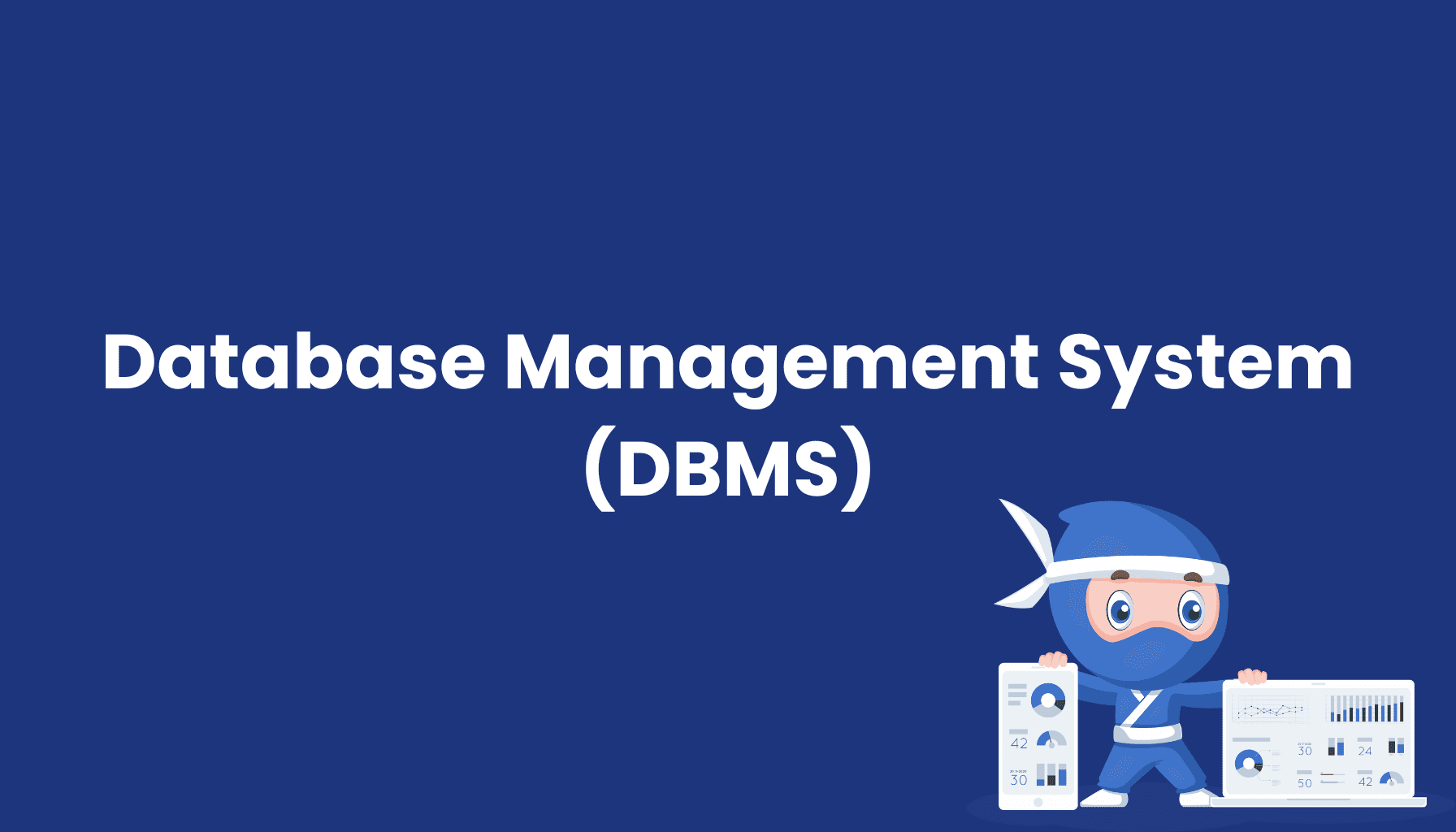Database Management System (DBMS)

What Is a DBMS?
DBMS stands for Database Management System, a software system that enables the structured storage, management, and retrieval of data. In the manufacturing industry, a DBMS is crucial for efficiently managing and utilizing large volumes of production data. These systems provide a platform for storing and organizing production data, machine logs, inventory information, and more. A well-implemented DBMS allows for quick data analysis, leading to informed decisions that enhance the efficiency and quality of manufacturing processes.
Functions of a DBMS
-
Data Organization and Storage: A DBMS organizes data in a way that makes it easy to access and manage, which is vital in manufacturing where large amounts of data are generated daily.
-
Data Querying and Retrieval: DBMS systems offer powerful query languages like SQL, allowing users to retrieve specific data quickly and efficiently. This facilitates the analysis of production data and process optimization.
-
Data Security and Integrity: In manufacturing, data security is paramount. A DBMS provides mechanisms to protect sensitive production data from unauthorized access while ensuring data integrity.
-
Scalability: As production data grows, a DBMS must be scalable to handle these increasing demands. Modern DBMS systems can process large volumes of data while maintaining high performance.
Types of DBMS
-
Relational DBMS (RDBMS): These systems store data in tables and use relational models to manage data relationships. Examples include MySQL, PostgreSQL, and Oracle.
-
NoSQL DBMS: These systems are used for managing large amounts of unstructured data, such as in big data applications. Examples include MongoDB, Cassandra, and Couchbase.
-
In-Memory DBMS: These systems store data in the main memory instead of on disks, allowing for very fast data access. They are often used in real-time applications, such as those required for process monitoring in manufacturing.
Benefits of a DBMS in Manufacturing
-
Efficient Data Management: A DBMS allows for the efficient management and organization of large data volumes from various production areas.
-
Optimization of Production Processes: Quick access to relevant data allows for monitoring and optimizing manufacturing processes, leading to higher efficiency and product quality.
-
Improved Decision-Making: A DBMS enables companies to make informed, data-driven decisions based on a solid data foundation.
-
Cost Reduction: Automating data management processes through a DBMS reduces manual intervention, lowering operational costs.
Use Cases of a DBMS in Manufacturing
-
Production Data Management: Managing real-time production data to monitor machine performance, production rates, and quality controls.
-
Inventory Management: Tracking and managing inventory in real-time to avoid shortages and improve supply chain efficiency.
-
Quality Control: Monitoring and analyzing quality data to identify and minimize production errors.
Conclusion: DBMS as an Indispensable Tool in Manufacturing
A DBMS is indispensable in the manufacturing industry as it forms the backbone of efficient data management and utilization. By implementing a robust DBMS, companies can optimize their production processes, reduce costs, and continuously improve the quality of their products.





